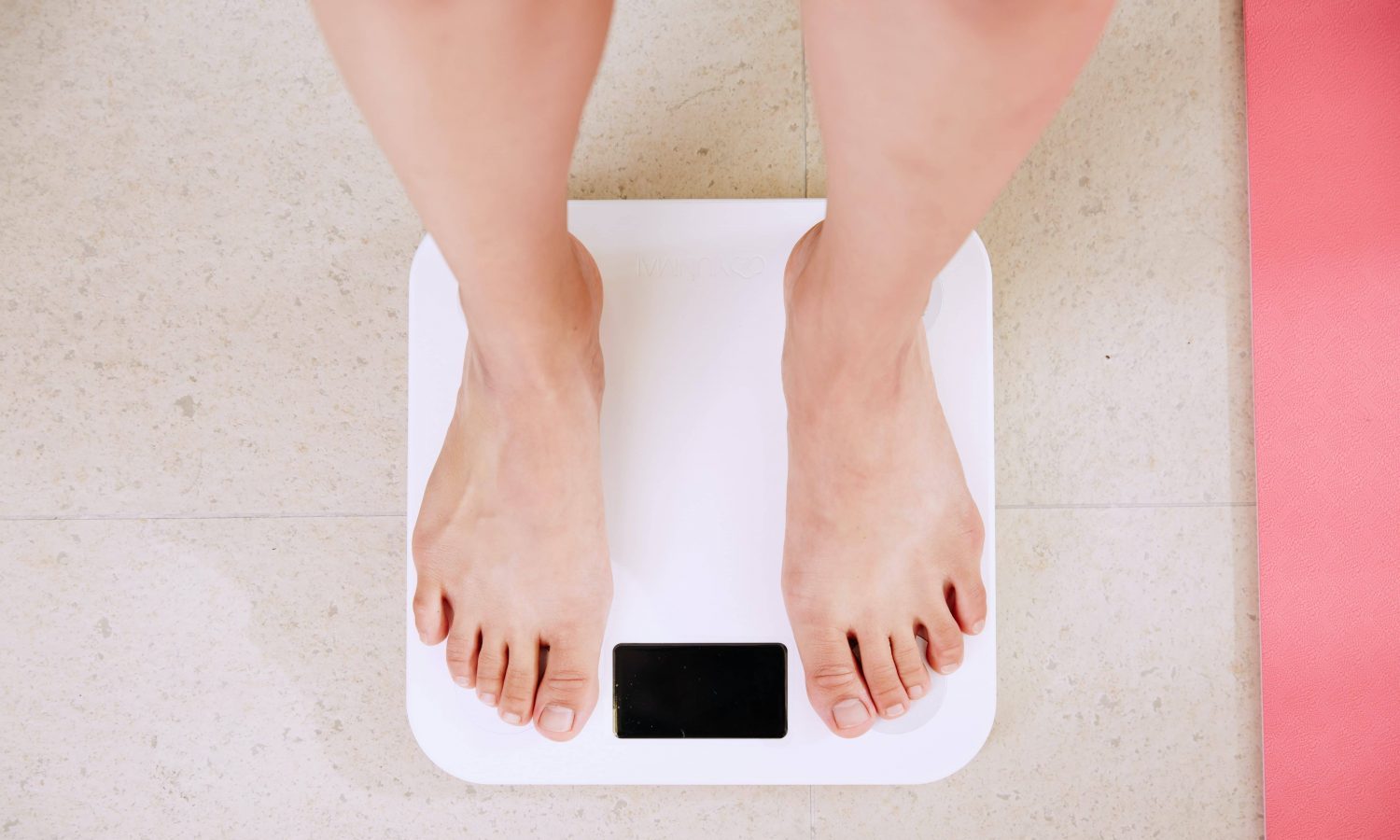It’s common to gain weight when your routines change or you’re feeling stress. Here’s how to forgive yourself if you’re a little heavier than usual right now.
Food is one of the simplest ways in which we can make ourselves feel good. During this year, with a pandemic, an election, global warming and many more concerns to cope with, food is one of the simplest and most reliable sources of comfort.
Pandemic weight gain has been a much discussed topic, with people attaching cutesy names to it (such as “the COVID-19” or “the Quarantine 15”) and devising workout plans to quickly get rid of the extra weight. While intentions are good, most of these explanations don’t account for the fact that we’ve been spending more time indoors, and that some people are better at coping with this than others.
Weight gain due to COVID restrictions is a reality that’s grown into yet another source of stress for many. Still, it should be seen as what it is: a change that pales when compared to the larger stressors that surround us.
Here’s how to forgive yourself regarding your pandemic weight gain and how you can re-frame your way of thinking so that you can be as healthy and happy as you can during these weird times:
Be kind to yourself

RELATED: How Food Can Food Help You Manage Anxiety
We tend to be tough on ourselves, especially when it comes to our weight. Keep in mind the year you’ve had and the circumstances that surround you. A bit of weight gain is no cause for a mental breakdown and can be lost in natural ways as long as you set realistic goals. Weight gain is nothing to be ashamed of and it’s a stressor that takes a lot of brain space that could be spent on thinking on other more productive things.
Work out for the right reasons

While working out is healthy and good for your physical and mental health, it’s not about compensating for what you’re eating or even about losing weight. Exercise should be done for health benefits and how good it feels to move around and achieve goals that you didn’t think were possible. Try to change your way of thinking regarding bodies and approach exercise as something joyful, not a means to an end.
Eat when you want to

RELATED: 5 Ways Technology Can Improve Your Mental Health
Avoid relating your eating to stress and be mindful of your meals. Stay in the present and focus on the fact that food and nourishment contribute to a happy lifestyle, that eating connects you to others, and that it’s a privilege that not everyone gets to enjoy. Try to eat vegetables and plant-based foods if you’ve never been one to do so, discovering new things that you’ll most likely enjoy. Being hangry isn’t a sign you’re on the right track like some diets would have you believe.


